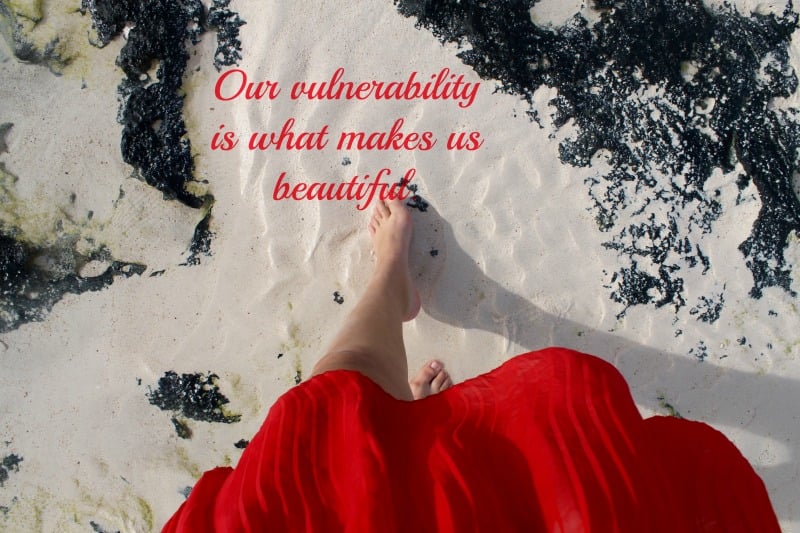 Phoebe Dill. Text added by author.
Phoebe Dill. Text added by author.
I'm good, thanks. How many times do I hear these words, or some variation on the sentiment, in a day? Here are a few recent examples:
I accidentally bumped into a young man in the market and said, “Excuse me, I’m sorry.” To which he replied, “No, I’m good.”
I said to my 2-year-old, “Zach, I’m tired. Let’s take a rest.” To which he replied, “No Mama, you good.”
Two weekends ago, I was chaperoning a youth retreat. I was walking across campus to meet my group and two girls passed by me. One was coughing, choking on something. I asked her if she wanted a bottle of water. She replied, “no, [cough-cough], I’m [cough] good.”
Me: “I’ve got three unopened bottles in my backpack. Please take one.”
Her: “[cough] No, I’m good. [cough]”
Her friend was just staring at her like, “take the water already!!”
I set my pack down, pulled out a bottle of water and practically forced it on her. She did take it and drank nearly the whole thing in one breath.
What is going on? When did we decide that we’re all “good” and don’t need to accept help or apologies or even water from one another? How did this sentiment become so commonplace that it has become an automatic response from my 2-year-old?
And perhaps more importantly, I wonder what we’re not saying when we’re saying “I’m good.” I have a hunch that we might not be saying things like:
Yes, I could use some help right now.
Thank you for noticing [me].
I would really like that, thank you.
Vulnerability. A knee-jerk, “I’m good,” dances around our vulnerability.
What makes us vulnerable is what makes us beautiful: giving compassion, laughing out loud, praying with someone who is hurting, showing spontaneous affection. These authentic expressions are the source of connection and intimacy in our lives.
[tweet "Stop dancing around your vulnerability. Be authentic. -@deyarrison"]
Hearing “I’m good” lets me off the hook. Frees me up from seeing your vulnerability, spending time listening to your story, and experiencing your need. Saying “I’m good” lets me off the hook from showing my own vulnerability; from sharing the truth about my needs, worries, or difficulties. I don’t want to do that anymore.
"speaking the truth in love, we will grow to become in every respect the mature body of him who is the head, that is, Christ." - Ephesians 4:15
What will it mean or do for us when we speak and listen to the truth from one another? Without having answers or rushing to solution. Simply giving the gift of our presence to one another.
Note: This topic has been on my heart lately. My last post had a similar theme to it.
Copyright 2017 De Yarrison
About the Author

De Yarrison
De guides women along the journey to spiritual and emotional healing, through coaching, deliverance prayer, and healing retreats. At YouAreMadeNew.com, De walks alongside women as we grow, heal, and discover the abiding presence of Christ within our own hearts. De invites you to join the Catholic women’s community, Hope’s Garden, which she cofounded.


.png?width=1806&height=731&name=CatholicMom_hcfm_logo1_pos_871c_2728c%20(002).png)
Comments